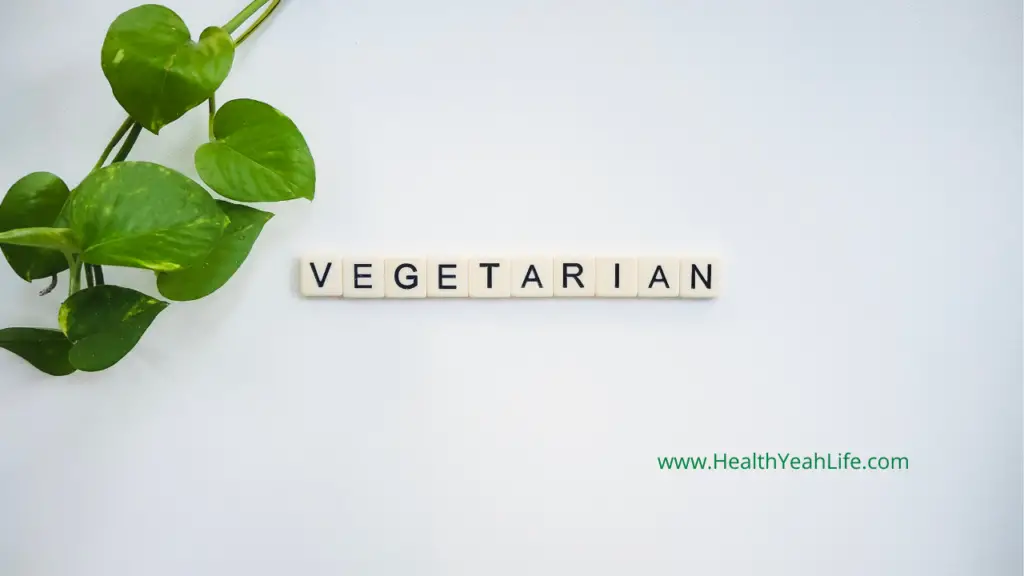
You might have heard the phrase “vegetarian diet” recently trending everywhere. But what is a vegetarian diet? For starters, a vegetarian diet is a plant-based diet by eliminating meat from your daily meals. This means that plant-based products are your new best friend if you’re starting with a vegetarian diet.
What Are the Types of…
a Vegetarian Diet?
It might come as a shock to some, but the vegetarian diet is divided into three main types. The vegetarian diet you choose depends on whether you want to choose strictly plant-based products only, or alongside dairy. However, any meat and seafood are prohibited from the vegetarian diet plan. The types of vegetarian diets include:
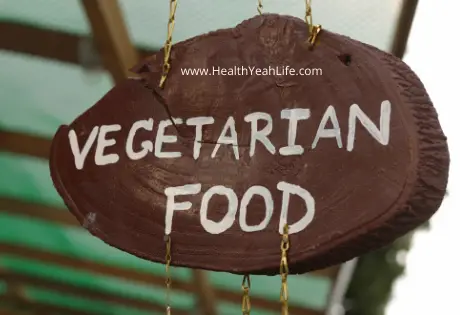
- Lacto-Ovo Vegetarian- a diet that incorporates both dairy products and eggs in the meal plans.
- Lacto Vegetarian- a diet that includes only dairy products, such as milk, cheese, cream, yogurt, and butter, and not eggs.
- Ovo Vegetarian- a diet that only includes eggs, all dairy products are excluded from this vegetarian diet plan.
Is a Vegetarian Diet Healthy?
Many fall under the misconception that a vegetarian diet isn’t healthy since it excludes vital nutrients from daily meals. On the other hand, we’ve always heard nutritionists telling us to eat more vegetables and fruits. A vegetarian diet is completely healthy and is full of antioxidants and fiber. Additionally, a significant portion of the meat in markets today is full of injected hormones. These hormones, in the long-term, can cause excessive harm to your body’s internal system. There are countless vegetarian diet benefits, such as getting rid of the saturated fat that leads to various diseases. Not only are you supporting a more eco-green planet alongside ethical reasons, but also moving towards a healthier lifestyle.
What Can You Eat On a Vegetarian Diet?
You’ll have plenty of options on a vegetarian diet if you know how to plan your meals properly. People are often confused about what they can eat on a vegetarian diet? Here’s a list of everything to add to your meals, vegetables, and fruits that don’t have to be your only go-to!
Grains:
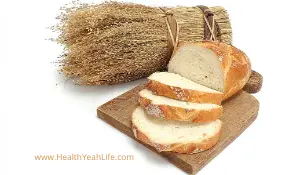
Whole grains are the perfect companion on a vegetarian diet. Bread, bagels, burger/sandwich buns, pasta, and rice, you can have it all any way you like. Whole-grain cereals and oatmeal can make your everyday breakfast something to look forward to. If you feel like munching on a snack, a tortilla or crackers are an easy yet delicious option.
Vegetables & Fruits:
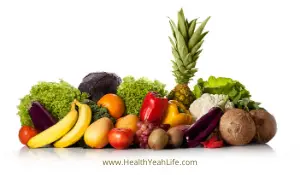
While nothing beats fresh fruit, frozen, canned, and dried fruit can all be a great addition to your daily meals. For vegetables, frozen and canned veggies with low-sodium are another option that might attract you when prepping your meals.
Dairy Products:

If you’re the vegetarian that wants to add dairy to their diet, there are tons of options. Milk, yogurt, cheese, cream, all make fantastic savory as well as sweet dishes to cook and fill your hunger cravings with. It’s preferable to go for low-fat or fat-free dairy products to make the best of your healthy lifestyle. Make a smoothie for your breakfast with dairy products and fruits in your fridge with the perfect recipe!
Proteins:
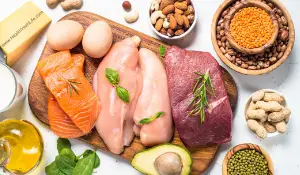
Beans and lentils are protein-rich sources you wouldn’t want to miss out on. Soy is an ingredient filled with nutritious value, whether its soybeans or soy milk. Nuts make everything better by being a great source of protein and also a tasty delicacy. If you’re an Ovo or Lacto-Ovo vegetarian, you can also get your proteins from eggs.
How to Plan a Healthy Vegetarian Diet?
To make the best out of your healthy vegetarian routine, you need to make the right choices. It’s incredibly crucial to plan your diet correctly, so you’re getting the right amount of nutrients. The best vegetarian diet plan includes many plant-based foods e.g., nuts, whole grains, vegetables and fruits, and legumes. However, don’t fall prey to unhealthy choices you consider ‘vegetarian’ such as carbonated drinks, fruit juices, and even refined grains. If you’re confused in regards to planning your vegetarian diet plan, consult a professional dietician. Not only will they help recommend the right meal plans customized for you, but they will also get healthy yet taste-satisfying meals.
Should You Be Taking Supplements?

Meat is the go-to choice for most everyone for protein intake. Similarly, seafood is the option that’s considered ‘the best’ for Omega-3. One of the most asked questions regarding the vegetarian diet plan is whether you should be taking supplements. The answer is no. It would help if you were avoiding supplements to fulfill your daily nutrition. Instead, opt for plant-based foods that provide those nutrients to you. Most vegetarians achieve their daily required nutrition by choosing plant-based products that are high in nutritious value. The key is balancing each meal so that you’re getting all the needed foods. If you feel like your daily nutrition isn’t being fulfilled, consult a professional dietician to assist you in planning your meals.
Tips and Tricks From the Professionals
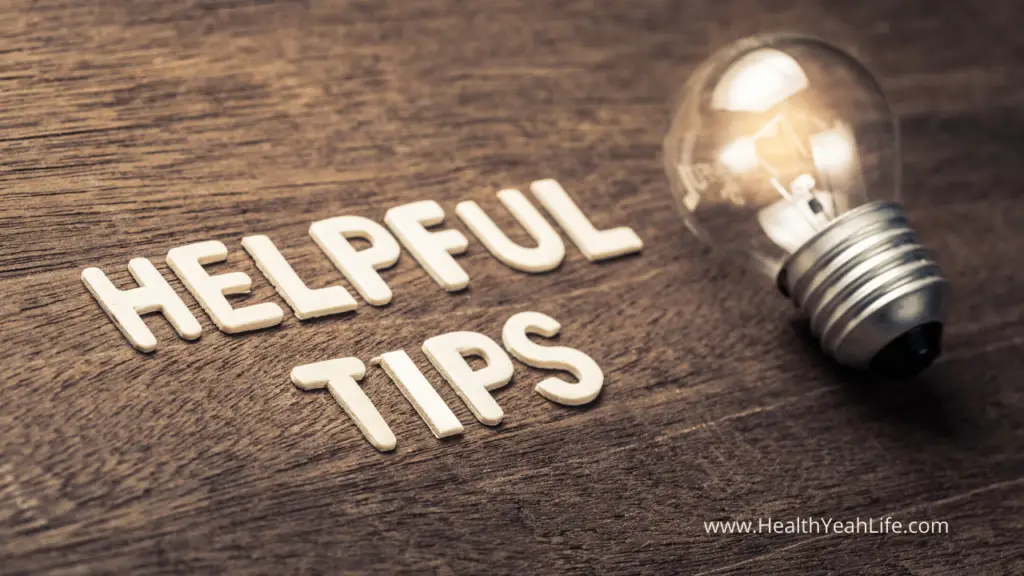
Without sugar coating it, shifting entirely to a vegetarian diet suddenly might not be easy. Although some tips and tricks from the professionals can always help make the process a tad bit easier. Here is some advice for shifting to a vegetarian diet plan:
- Don’t Rush It- you might be tempted to go all-in and cut out your meat at once. Don’t do that! Chances are, even if your body adapts to the sudden change, you wouldn't. You’re more likely to give up entirely on becoming a vegetarian if you rush through it. It’s best to gradually go for it by slowly cutting out meat until you eliminate it from your diet.
- Not Every Plant-Based Product is Healthy- of course, plant-based diets come with meat-substitutes. But overeating meat-substitutes such as meat-substitute burgers aren’t always healthy. If you’re really in for a healthier lifestyle, go for healthy options. There are tons of options you can go for if you start experimenting with plant-based products.
- Junk Food is a no-no. The temptation to go for junk food is real when plant-based products are your only go-to. However, junk food is filled with unhealthy components, especially artificial products. You’re doing your body more harm than good if you go for junk food. On a side note, you can always carry healthy nutrition bars and make them at home to snack on something.
- Experimenting with Cuisines- the traditional British/American cuisine doesn’t need to be your only option in a vegetarian diet. Cuisines such as Japanese include tons of healthy plant-based products that you can try making at home. Don’t limit yourself and explore new cuisines on your vegetarian diet!
- Getting Your Nutrients- scared that you’ll be deprived of the essential nutrients, especially proteins, if you cut out meat? Plant-based food is filled with nutrients as well if you plan your meals right. There are plenty of plant-based substitute options for proteins, omega-3, vitamins, and minerals. Search for the foods that can help you attain these nutrients and plan your daily meals accordingly while keeping the balance.
- Avoid Processed Food- once again, processed food takes away the goodness of the product. When considering food options, specific ingredients such as grains go for whole products that aren’t refined. You’ll be getting your favorite food with all the nutrients it has to provide side by side.
Conclusion
A vegetarian diet is extremely beneficial for a longer and healthier life. All you need to do is plan it right and gradually shift towards it. It doesn’t always have to be boring, test out your favorite meals with plant-based products. You’ll be surprised at the nutritious and delicious meals you’ll be able to cook!
Not sure what diet is right for you? Check out our plant-based diet guide here


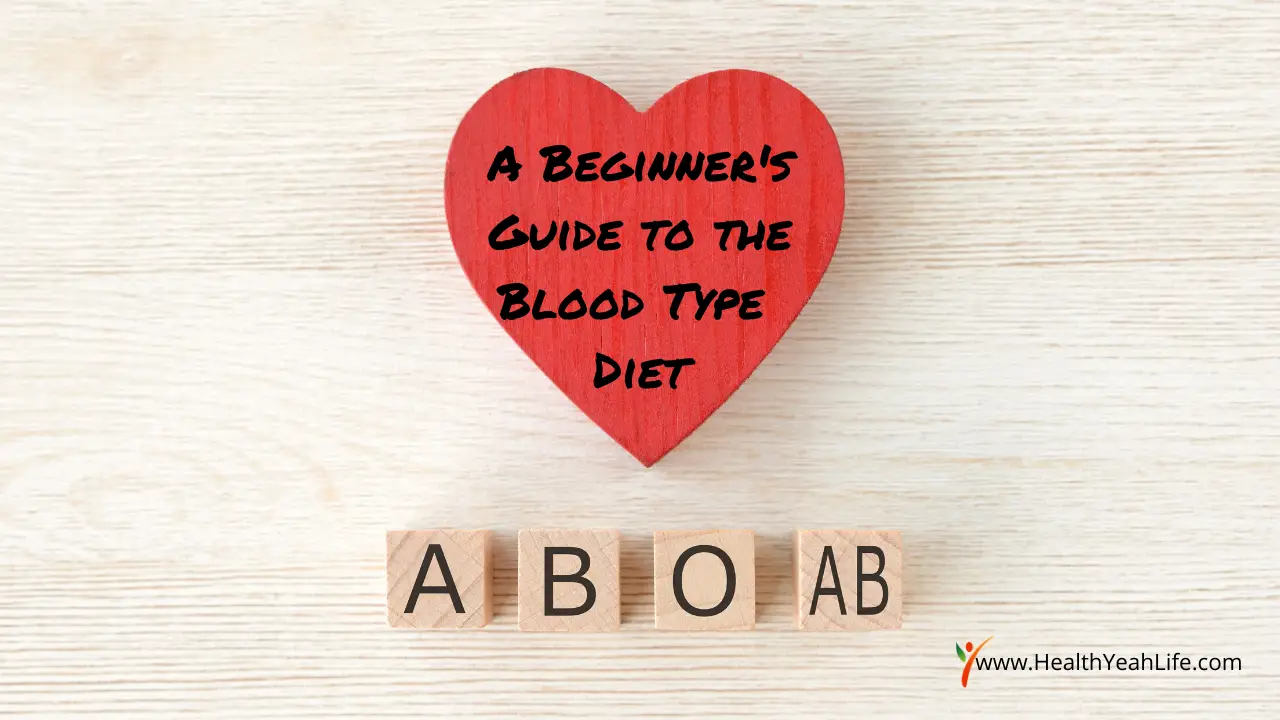
2 thoughts on “Vegetarian Diet: The Beginner’s Guide”
Comments are closed.